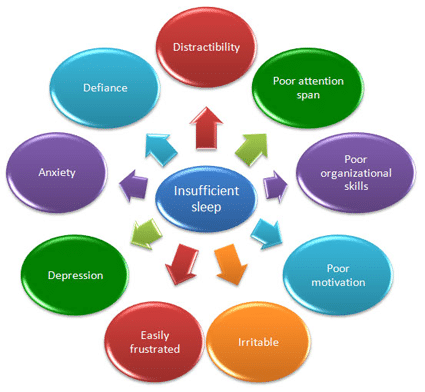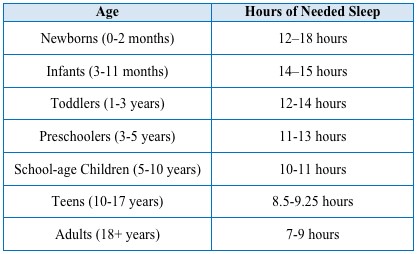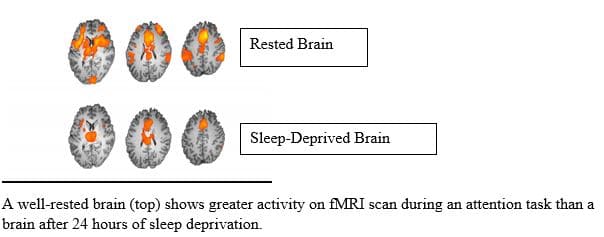Roger E. Lauer, Ph.D.
Clinic Director
Within the ADHD Clinic at CNLD, we understand the relationship between attention difficulties and sleep is crucial to obtaining an accurate diagnosis for children and adults who are struggling to pay attention and function in their daily lives. This includes explaining the necessity for sleep and its role in healthy functioning, along with differentiating between ADHD symptoms and sleep deprivation problems.
We begin by understanding the basics of sleep:
- Sleep is necessary for life.
- Sleep is often overlooked as a possible source of daytime problems.
- Sleep is a set by environmental and biological clocks (strongly influenced by light).
- The sleep/wake cycle involves homeostasis (our body maintaining a “steady state”) and circadian rhythms (cyclical changes like body temperature, hormone levels and sleep over a 24-hour period).
- The sleep cycle has five stages that vary in depth of sleep and brain waves.
- Sleep is restorative for the mind and body (healing muscles, repairing tissues, strengthening the immune system and memory consolidation).
How much sleep do we need?
Your brain and sleep:
ADHD or Sleep Problems?
ADHD and sleep problems are interrelated:
- Sleep problems may mimic ADHD symptoms.
- Sleep problems may exacerbate ADHD symptoms.
- Sleep problems may be associated with or exacerbated by ADHD (difficulty falling asleep, achieving adequate sleep duration, tiredness during the day).
- Medications used to treat ADHD may result in sleep problems.
If you, or someone in your family, has a need for an ADHD assessment please contact our clinic by clicking here. We look forward to helping you.





